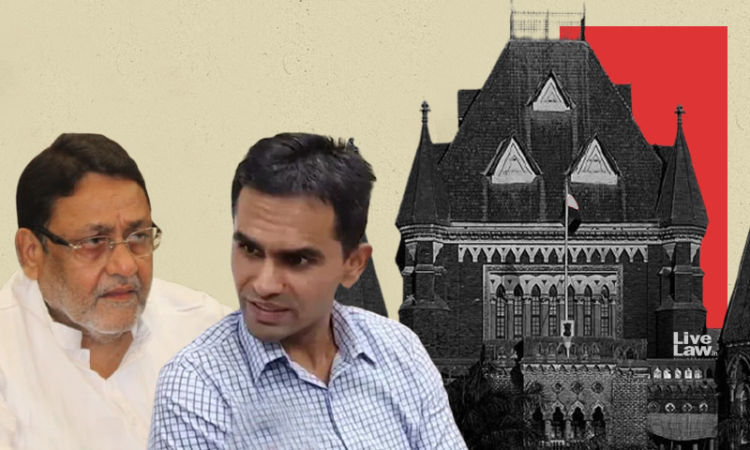Sameer Wankhede Vs Nawab Malik Defamation Suit- "Public Have Right To Examine And Comment On Actions Of Public Officials, After Reasonable Verification Of Facts": Bombay HC
Sharmeen Hakim
22 Nov 2021 10:14 PM IST

"The public have right to examine and comment on actions of public officials, after reasonable verification of facts" : Bombay High Court
Next Story


